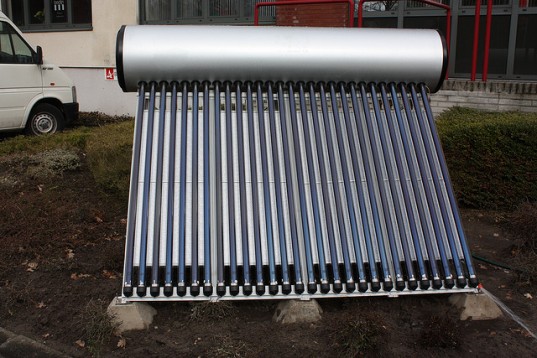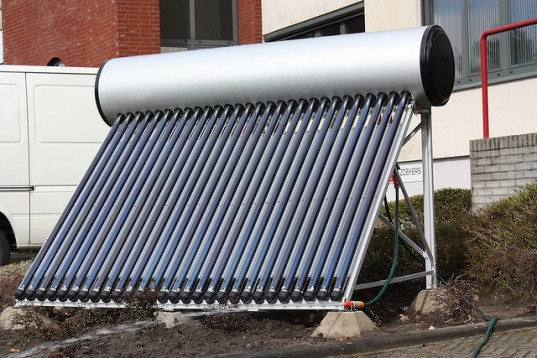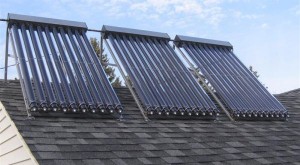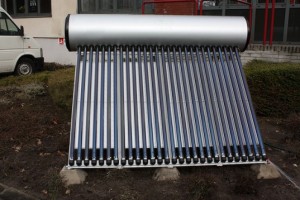During the FIFA World Cup in South Africa last year, there was a lot of press given to the country’s attempts to utilize alternative energy to power the international tournament. On the tail of such investment and progress, South African power company Eskom has now installed solar heaters on roofs in Port Elizabeth, giving residents access to free hot water and relieving the national grid.
Traditionally families have had to use gas or paraffin to generate heat, but Eskom’s solar power initiative has shown the benefits of solar power in the country. For locals, the solar heat not only provide free hot water, but an endless supply of it.

Speaking to PhysOrg about the water heaters, also known as geysers, local Mali said, “I don’t know much about renewable energy though or environmental stuff. The geysers use the sun to heat up the water. My electricity is not affected and I have even stopped using my paraffin stove as it was dangerous.”
As part of the scheme, Eskom has offered a basic, free allowance of electricity to low-income South Africans that allows them to keep the lights on, but not enough to have regular water for bathing or cleaning. It is hoped that by using the solar heaters, the use of paraffin stoves will reduce. The dangerous aparatus is a leading cause of home fires, which can be lethal in crowded neighbourhoods.

Eskom’s objective is to install one million solar water heaters throughout South Africa by 2015, and tens of thousands in other cities around the country. The company is also offering 110-liter geysers for free in township homes. Wealthier families needing larger volumes can receive a subsidy to encourage them to switch to solar.
“Eskom and government’s joint objective is to save energy and to encourage the use of renewable energy, as well as to provide relief to low income households,” said Eskom spokeswoman Hillary Joffe. The company has so far spent 340 million rands ($49 million, or 35 million euros) on the rebate program, which is reported to have reduced the demand for electricity by 22 megawatts.

 Follow
Follow

